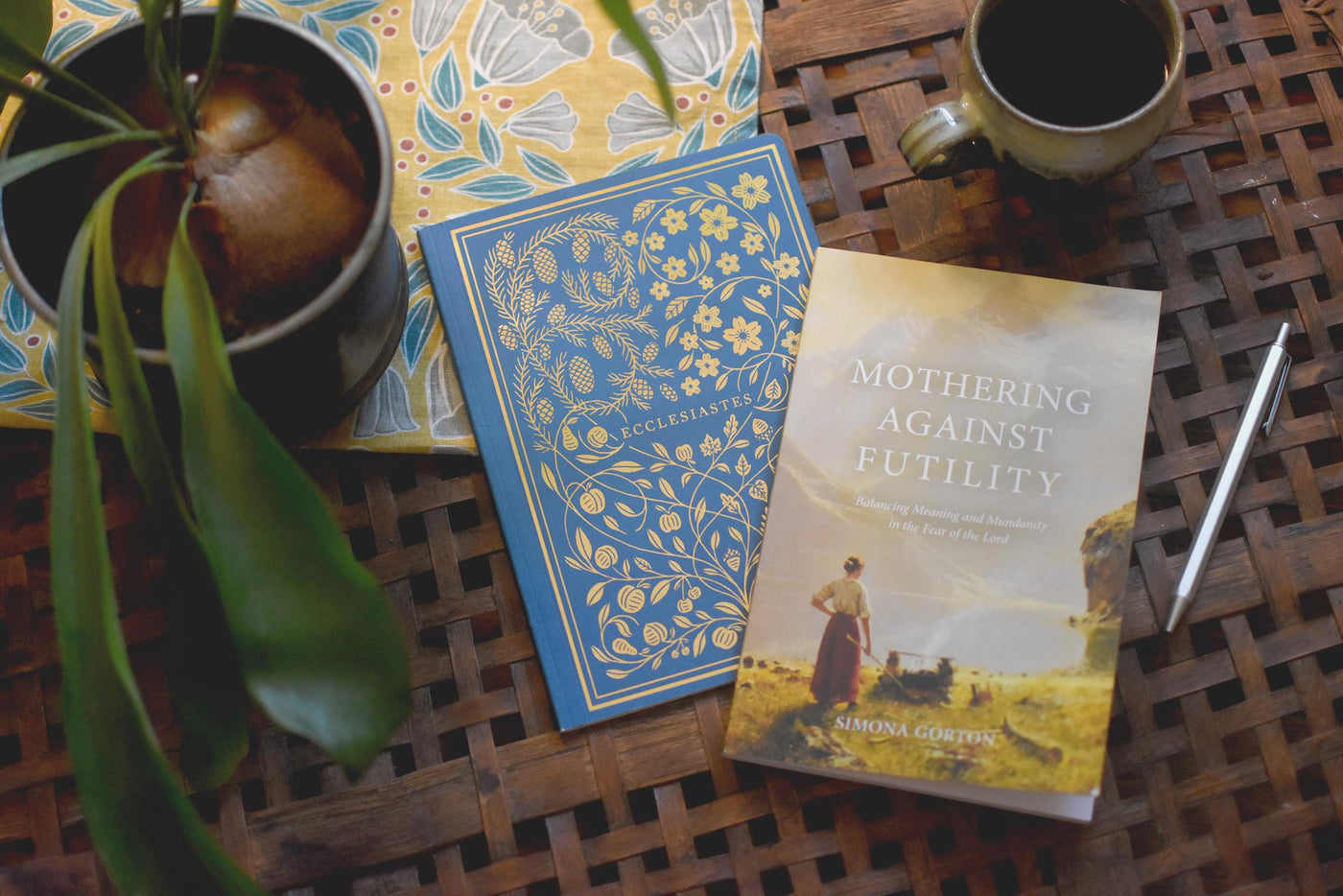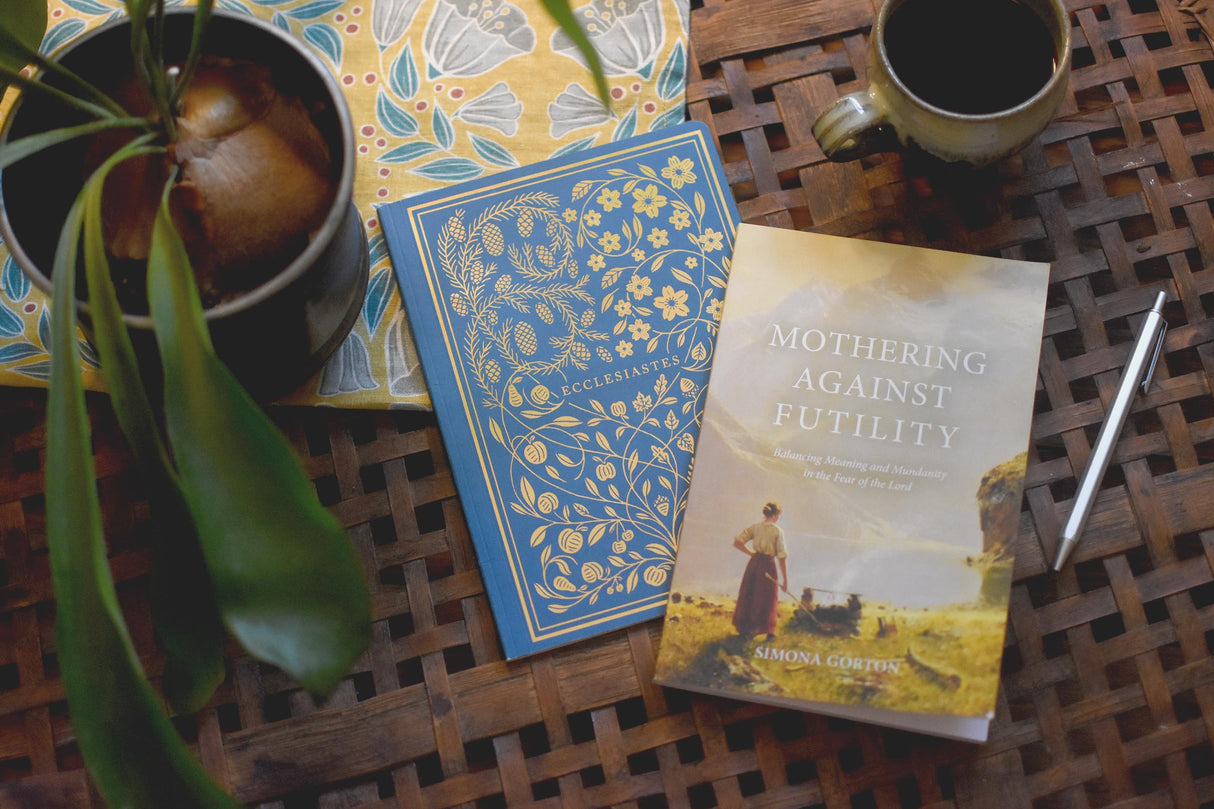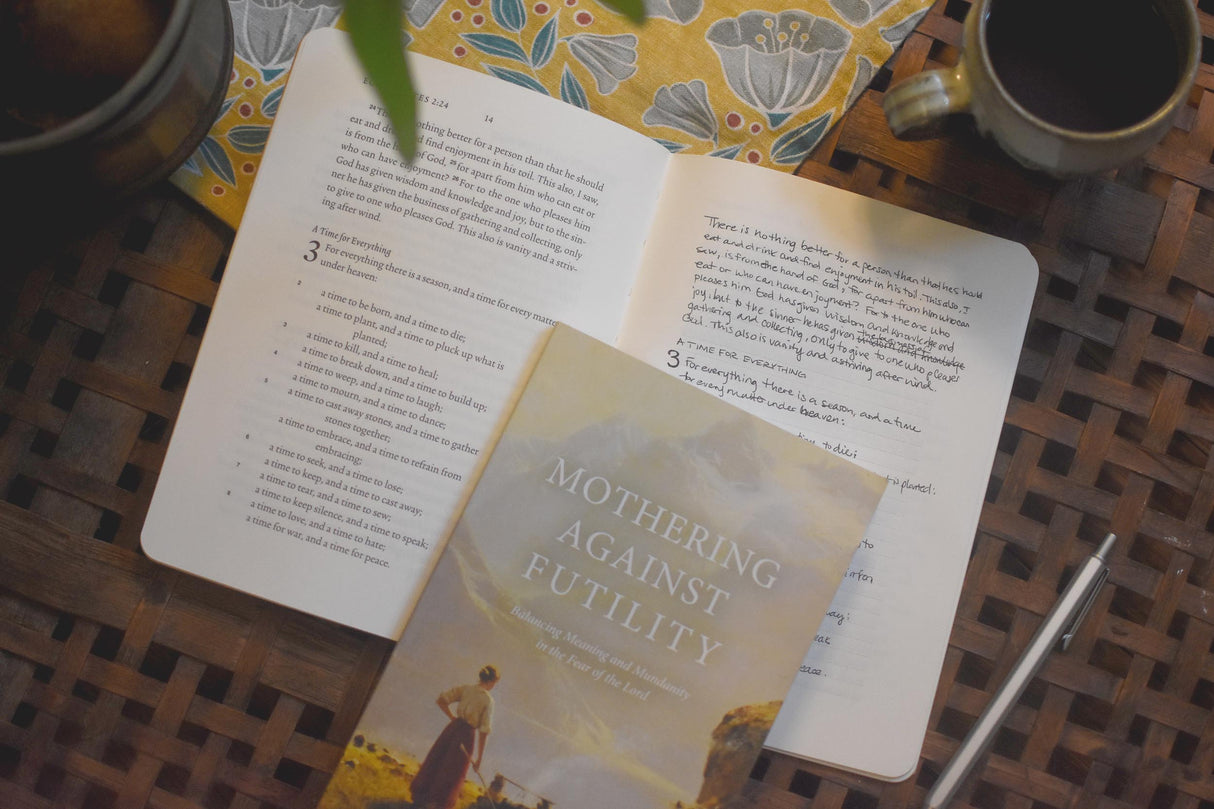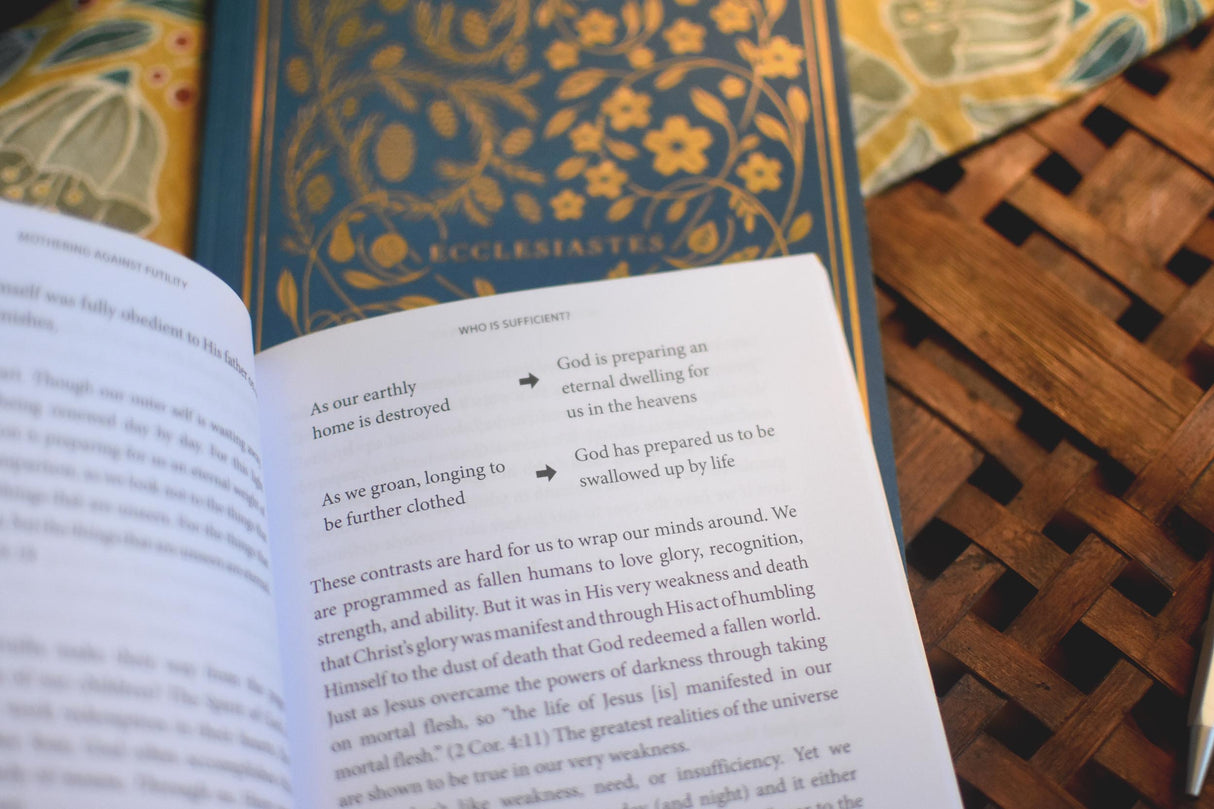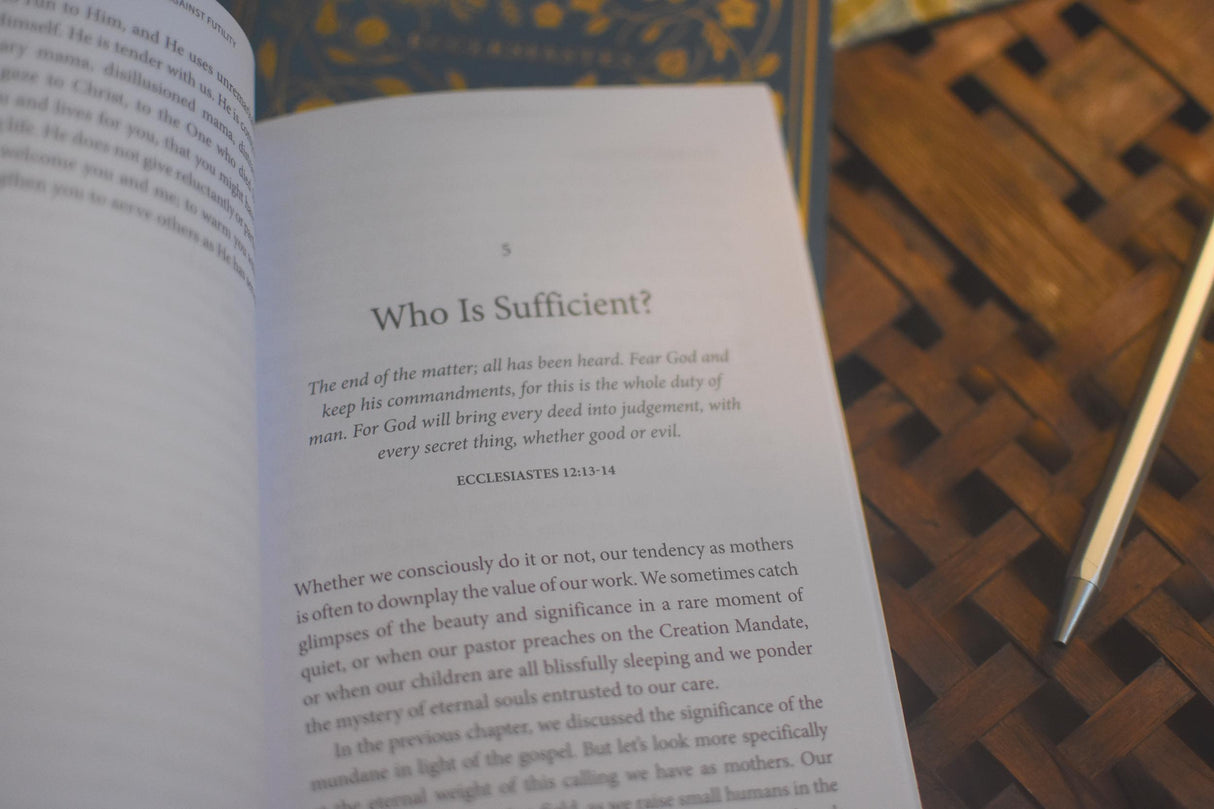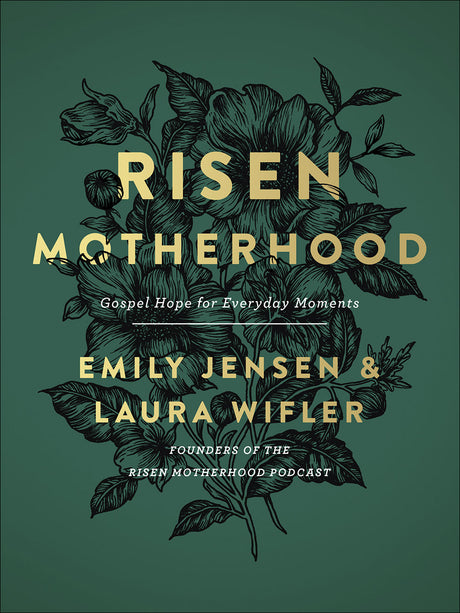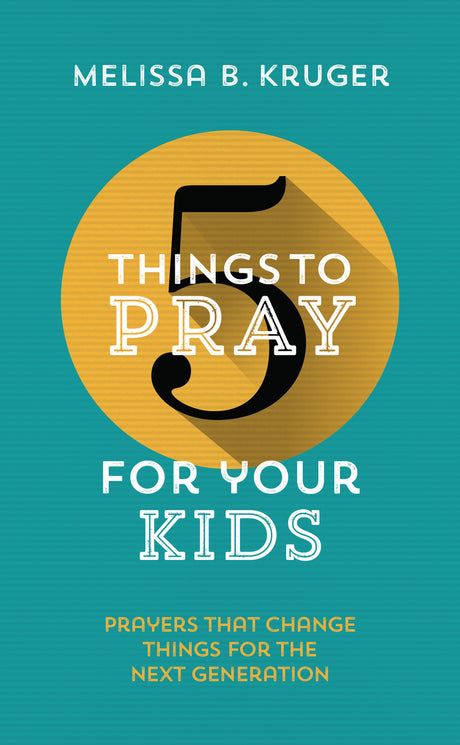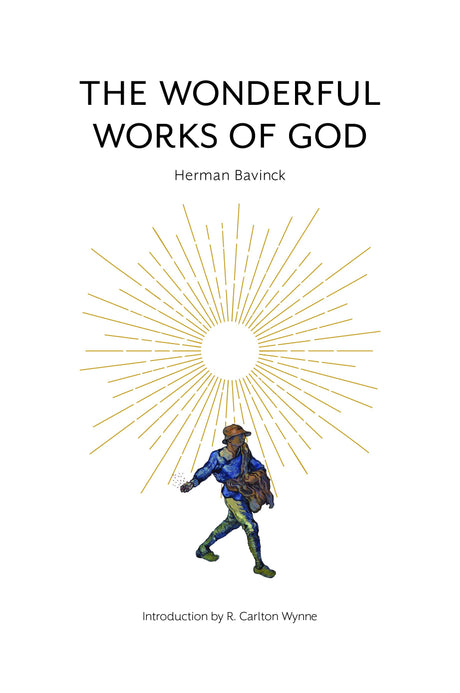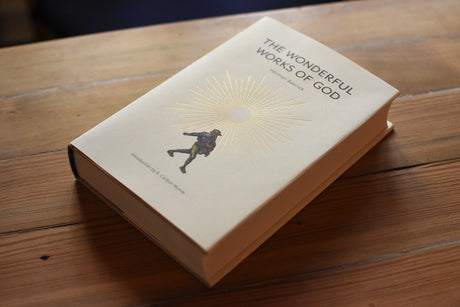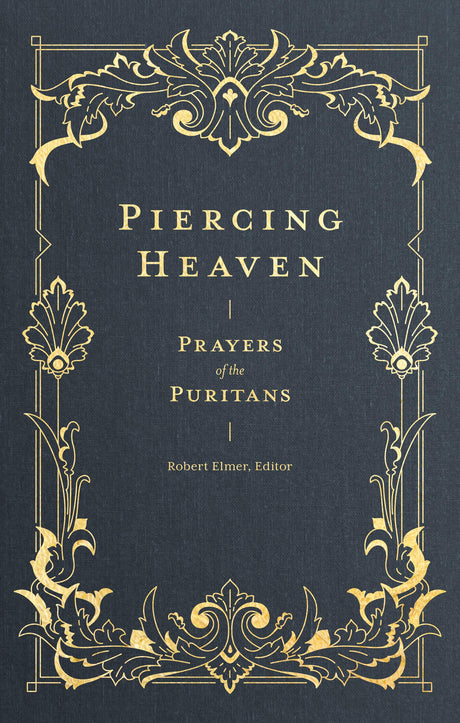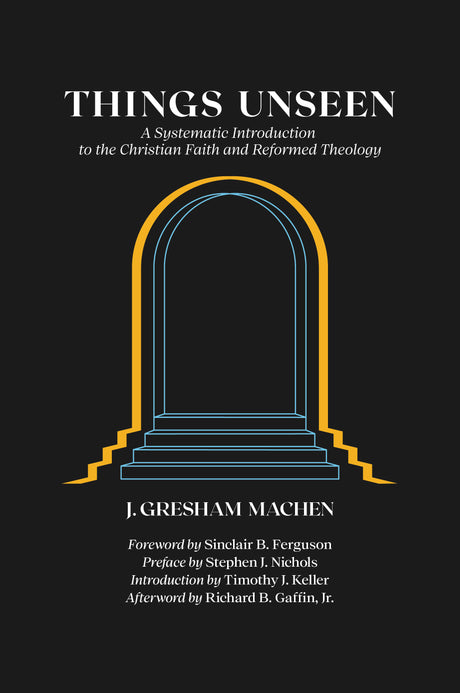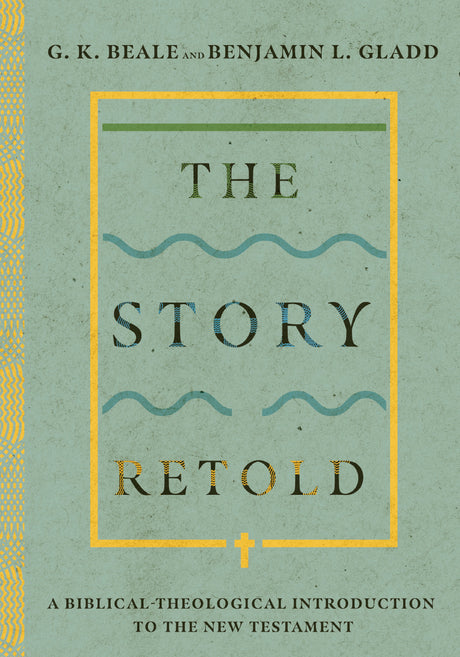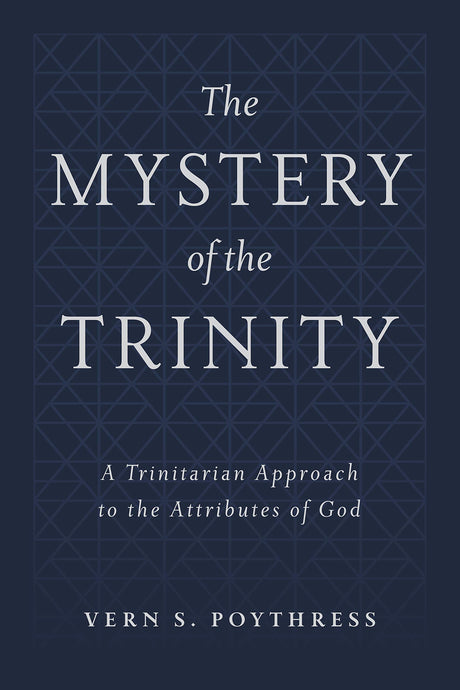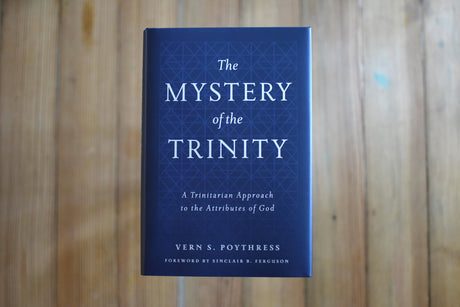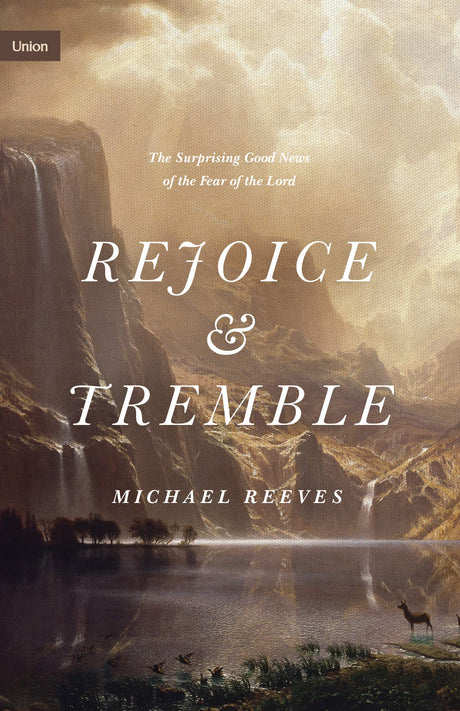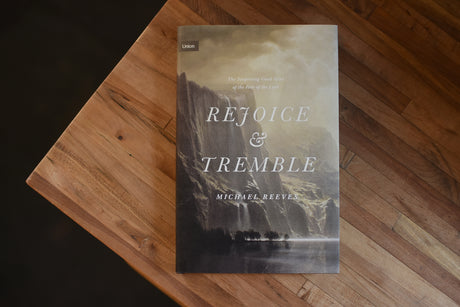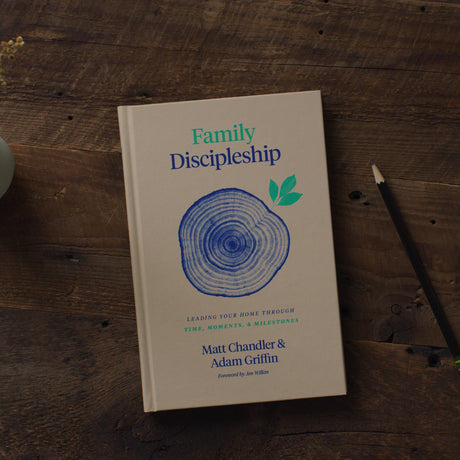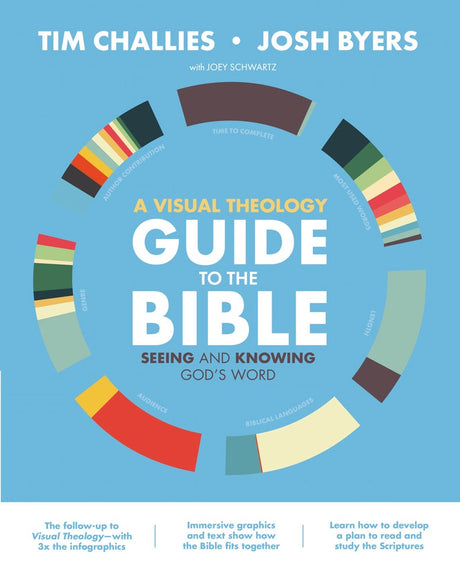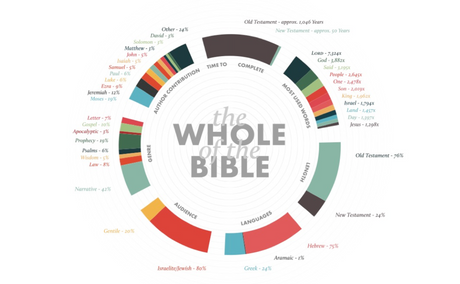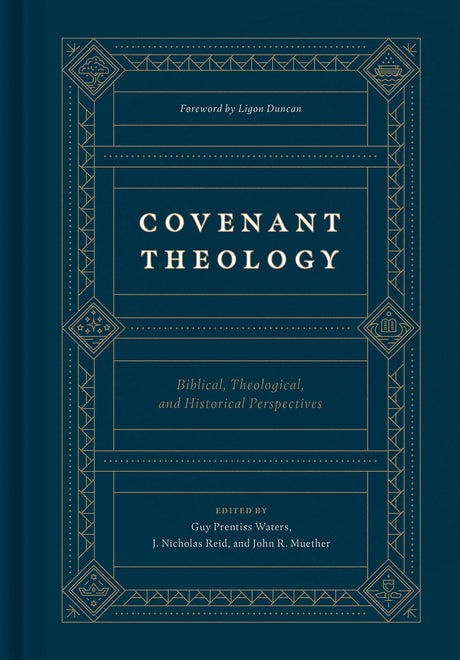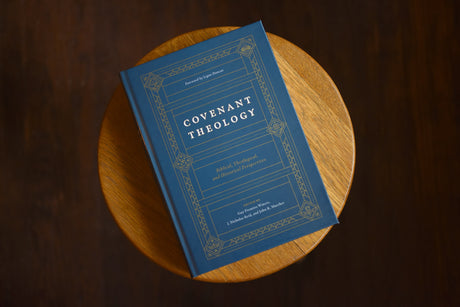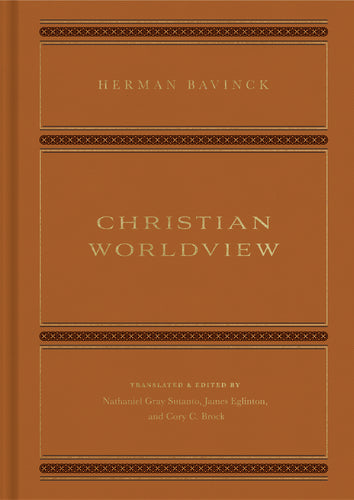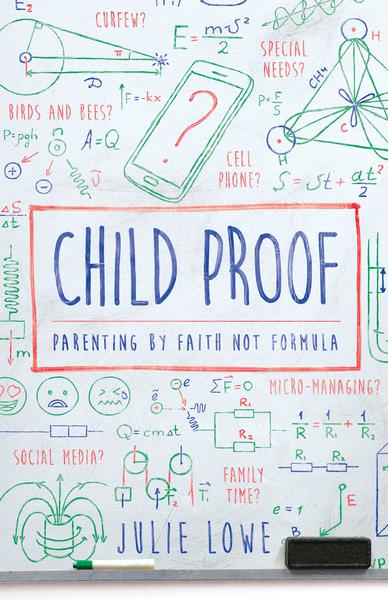This excerpt is adapted from Mothering Against Futility: Balancing Meaning and Mundanity in the Fear of the Lord by Simona Gorton and is posted with permission from Christian Focus.
Do you remember hearing as a newly pregnant mom about the exhaustion that comes with that first baby? How tired you would be? You thought, “Yeah, yeah, I know what I’m signing up for.” At least I thought I did.
Then the baby arrived and somewhere about forty-eight hours afterwards my eyes started to feel like they had gravel in them. My two-hour alarm—set when I began feeding, not ended it—was most certainly heartless and my blanket became lead itself whenever that same alarm went off (just thirty seconds after my head hit the pillow). Not to mention the unspeakable soreness and pain of recovery and nursing.
All of a sudden I realized in my bones the sort of tiredness that all other mothers since time began had experienced and what my own mother likely went through with me. And it became real. I didn’t know exactly how true all the warnings of mothers were until I myself became one, in all my leaky, sore, tired splendor. I suddenly wanted to hug every passing mother and tell her she was a hero. And maybe I secretly wanted someone else to tell me that I was a hero. I did once actually have a stranger at the grocery store graciously allow me to take her place in line, saying, “Mothers are the heroes of the world”—she had no idea how much her encouragement meant that day.
This is the kind of wisdom Ecclesiastes teaches—the learned kind, not just the memorized information kind. The writer actually searched out and pursued meaning and fulfillment. He didn’t just sit around thinking about them and writing down his theoretical thoughts. Think of it as the difference between a verified autobiography and a novel. What Solomon learned isn’t just worth listening to because it sounds good but because it is the omniscient God teaching us from His stores of wisdom and doing it through the actual experience of a man who breathed the same air as we do.
Living Wisdom
First and foremost, then, Ecclesiastes is worthy of our attention because it is the living and active Word of God, able to pierce our hearts and change our understanding. Through the Spirit’s power, it daily transforms us, turning us away from useless things and giving us life in the way of the Lord (Ps.119:37).
But in His mercy and condescension, the Lord has chosen to give this wisdom to us in the form of the actual experience of a flesh and blood man who has walked the path of life on planet earth. Its principles ring truer to our ears the further along the path of life we walk. As 1 Corinthians 10:13 says, “No temptation has overtaken you that is not common to man. God is faithful, and he will not let you be tempted beyond your ability, but with the temptation he will also provide the way of escape, that you may be able to endure it.”
God has done one better than the writer of Ecclesiastes. The Son of God Himself came to earth to walk for thirty years in our shoes. He faced distractions, temptations, betrayal, disease—and through it all, He kept His eyes on the Father. He worked as a carpenter, chiseling, cutting, and sanding actual wood, cleaning up actual sawdust, working with customers, interacting with sinful siblings and parents, then waking up and doing it all over again. Hebrews 4:15-16 says,
For we do not have a high priest who is unable to sympathize with our weaknesses, but one who in every respect has been tempted as we are, yet without sin. Let us then with confidence draw near to the throne of grace, that we may receive mercy and find grace to help in time of need.
He knows all about the stage setting of Ecclesiastes and of our own lives. In fact, He designed the original, perfect set, before we came through with a sledgehammer and ruined most of it. But He came to live in the desecrated set with us not only to redeem us, but to show us how to really and truly live.
Jesus Faced the Dichotomy of Life Too
Like the writer of Ecclesiastes, Jesus faced the dichotomy of life in this straining, pre-eternity world: the same dichotomy we face every day. But unlike the writer of Ecclesiastes, He didn’t have to try out all the ways of finding real joy. He knew the only way to true joy, and He lived it out in front of us. He lived out what it means to fully delight in God while being faithful in the vanity that is this world. He lived out what it means to obey and find real satisfaction in that obedience even when it didn’t make sense to those around Him.
Jesus lived out obedience to the fullest, and He died in obedience so that the power of death might be broken and we might once again have the power to resist sin. He obeyed, living to the glory of His Father alone and dying to redeem us. As the writer of Hebrews put it a few chapters earlier, “Since therefore the children share in flesh and blood, he himself likewise partook of the same things, that through death he might destroy the one who has the power of death, that is, the devil (Heb. 2:14).”
As redeemed believers, we walk in the power of the Spirit, able once again to disobey the inclinations of our flesh and the promptings of our sinful heart and to walk in the way of obedience to God and His commands.
 More about Mothering Against Futility:
More about Mothering Against Futility:
Author Simona Gorton calls women to embrace the God-glorifying tension between the seemingly meaningless work and the weighty responsibility of motherhood. We know the gospel impacts the repetitive, mundane work so inherent in homemaking and mothering, but how does that knowledge work itself out in the fabric of late nights and spilled oatmeal?
As mothers, we live in the tension between the seemingly meaningless 'everyday' of our callings and the magnificent realities of the gospel and what God promises to do through us as mothers as we raise up the next generation to His glory.
This book was written to showcase how God uniquely uses the 'vanity' inherent in the work of motherhood to display the beauties of the gospel in and through us as we fix our eyes on its truth.
Featured Product
Some or all of this line is backordered and will ship as soon as it is back in stock.
